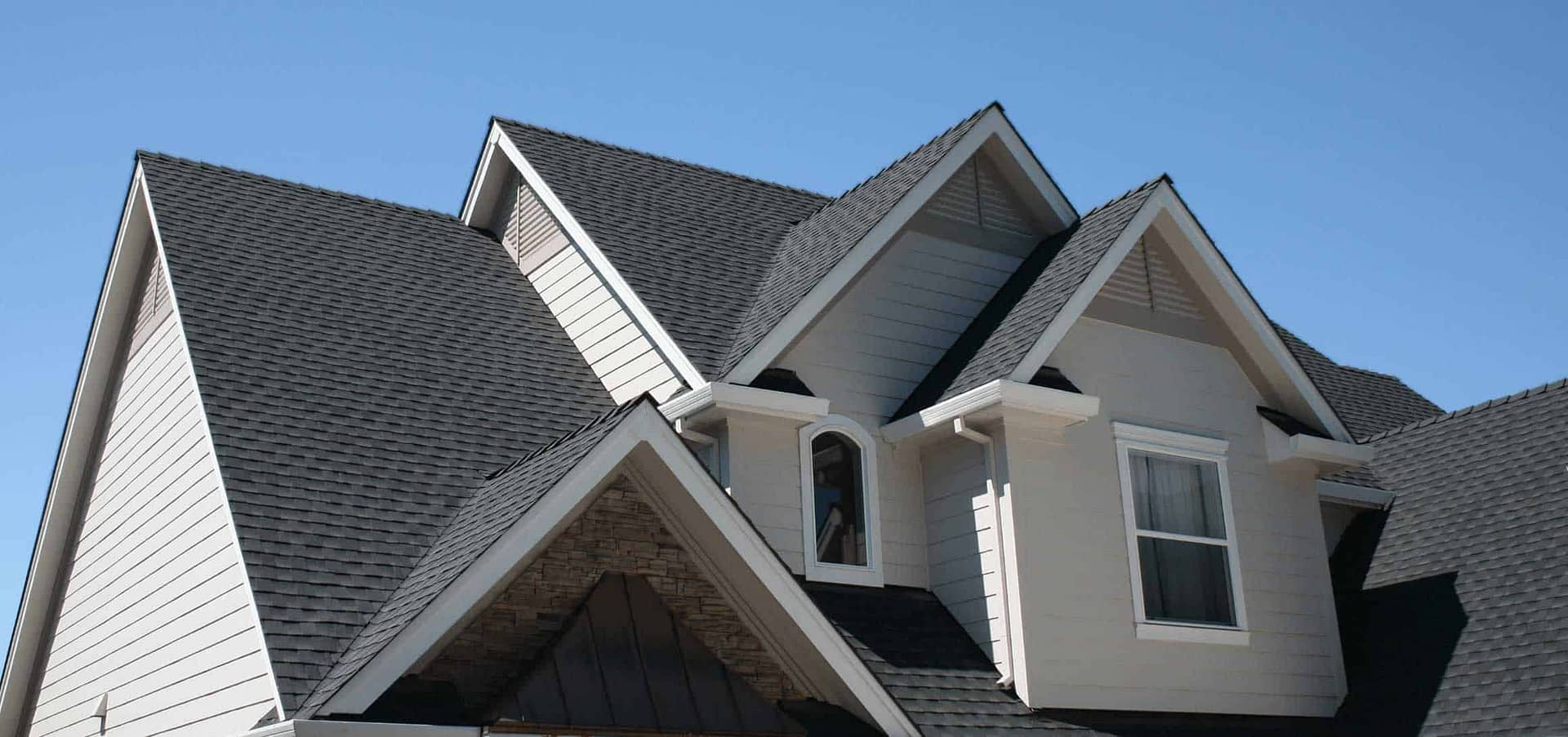6 Ways Homeowners Can Finance Their Roof Replacement
Our roofs often feel out of sight and out of mind— a structure that will seemingly last forever. However, even the most durable roofs all need replacing at some point.
You may be experiencing some sticker shock after finding out how much a new roof costs. (Often anywhere between $8,000 and $18,000 for an asphalt shingle roof.) No one should ever put off a necessary roof replacement because you could end up with mold, water damage, and structural damage that will all be far more expensive down the line.
Instead, opt for an accessible way to finance your investment. Check out these 6 new roof financing options to make your wallet happier.
1) Financing Through Your Roofing Company
Securing financing through the roofing company that performs your roof replacement is often the best way to go. Many roofing contractors have established relationships with banks and other financing partners that help homeowners finance their projects. Oftentimes, these financing options come with low-interest rates, flexible repayment terms, and sometimes even 0% interest loans.
Going with the financing partner of your roofing company simplifies the process. Your roofing contractor can vet the legitimacy of their financing partner, and they can inform you upfront what types of plans you can apply for.

2) Homeowners Insurance
If your roof sustained storm damage, vandalism, or any other damage that wasn’t your fault, you may be eligible for a payout from your homeowners’ insurance company. You will need to file an insurance claim, and you’ll have to pay your deductible before your insurer sends you a check. Still, since you’re paying a monthly premium for coverage, it’s always wise to see if you can get your roof repairs or replacement covered by insurance.
Keep in mind that this method won’t work if:
- Your roof has simply reached its lifespan (aka, it’s more than 10 years old)
- You neglected necessary maintenance
- You caused the damage
3) Home Equity Loans or Line of Credit
If you’ve been in your home for a while and have built up significant equity, you could consider taking out a home equity loan or line of credit (HELOC) to finance your roof replacement. This is one of the more popular ways homeowners choose to finance renovations because HELOCs often offer low-interest rates and flexible repayment terms.
- A home equity loan is a fixed amount of money that uses your home as collateral (another valuable asset the lender can seize if you fail to repay your loan, such as your car, house, artwork, jewelry, etc.). Essentially, it’s a second mortgage.
- A home equity line of credit is a revolving credit line similar to a standard credit card that allows you to borrow as much money as you need at any time as long as you don’t surpass your credit limit.

4) Personal Loans
If you have good credit, you may be able to take out a personal loan to finance your roof replacement. Personal loans come with fixed monthly payments, making them a great option for major expenses like roof replacements. And, unlike credit cards, you won’t be tempted to rack up more debt since you’ll be limited to borrowing only what you need.
You can shop around for the best personal loan terms by using an online lending marketplace or by contacting your bank. Personal loans don’t require collateral. Because of this, the interest rates are typically much higher.
5) FHA Loans
If you’re a first-time homebuyer or have low-to-moderate income, you may qualify for an FHA (Federal Housing Administration) loan. These federally insured loans are backed by the US Department of Housing and Urban Development (HUD) and offer several benefits, including low down payments, low-interest rates, and flexible credit requirements.
There are two main types of FHA loans that can apply to getting a roof replacement: Title 1 loans and 203(k) loans.
- FHA Title 1 Loans: Fixed-rate loans explicitly issued to help homeowners fund projects that improve the livability of their property. To be eligible, you need a debt-to-income ratio of 25% or less, and you must have owned the property for at least 90 days. Beware that you risk foreclosure if you fail to repay this loan.
- FHA 203(k) Loans: These loans help low-income households rehabilitate their property. This loan is best for roofs that require extensive work and if you’re also planning on making other home renovations.
6) Credit Cards
If you don’t qualify for a personal loan or HELOC, or if you need the money right away and can’t wait for approval, you could finance your roof replacement with a credit card. Just be aware that this option usually comes with high-interest rates (often upwards of 20%), so only use this method if you’re confident you can repay your debt quickly.
One way to avoid paying interest on your credit card is to take advantage of a 0% APR promotional offer with a new credit card. These offers are typically only available for a limited time (usually 12-18 months), so you’ll need to be diligent about repaying your debt before the intro period ends and the regular APR kicks in.
We Can Help With Roofing Financing and Insurance Claims
We hope this guide helped you learn about some of the options you have when it comes to new roof financing. Here at ARCH Exteriors, we believe that finances should never have to keep someone from getting the service their home desperately needs.
We’re proud to partner with some of the best financing institutions in the industry. We’ll walk you through every step of the process so that you never feel overwhelmed or uninformed about your options.
Additionally, if your roof sustains storm damage, we’ll help you file an insurance claim and ultimately get you the roof replacement or repairs you need.Feel free to contact ARCH Exteriors with any financing questions you may have— we’re happy to set up a free consultation.



